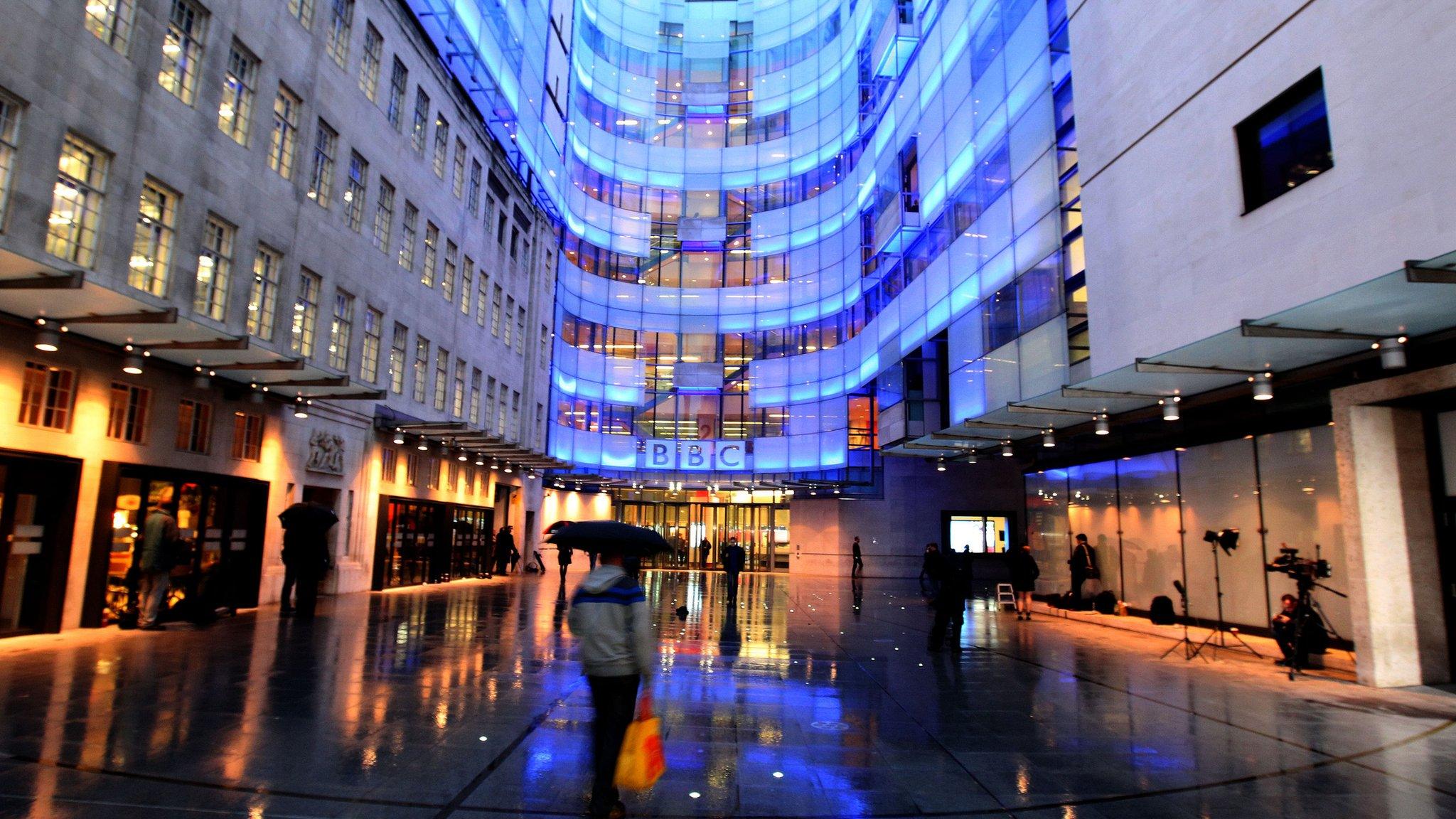BBC World Service gets funding boost from government
- Published
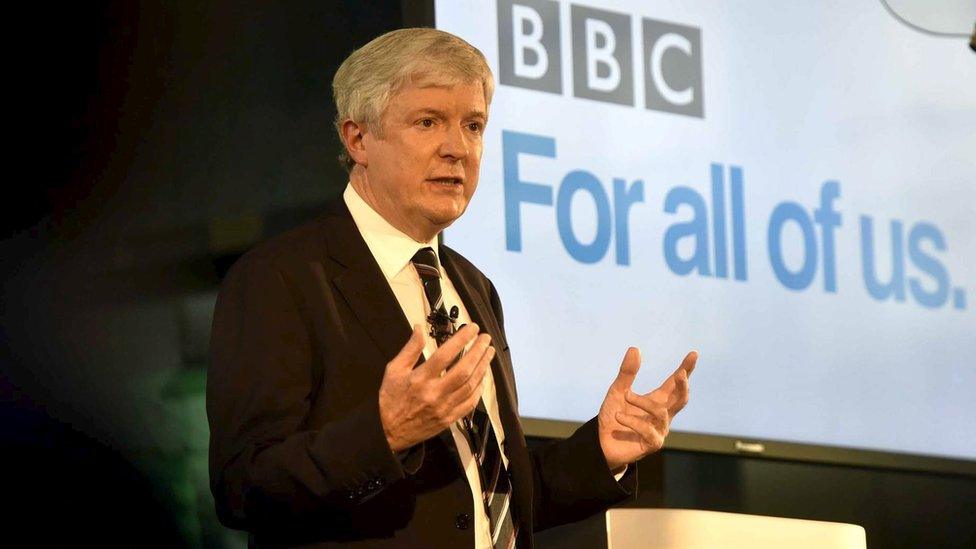
BBC director general Tony Hall said he "warmly welcomed" the funding announcement
The government is to invest £85m a year in enhancing BBC services around the world including in Russia, North Korea, the Middle East and Africa.
The money is to help "build the global reach of the World Service" to half a billion people and "increase access to news and information".
Director general Tony Hall said he "warmly welcomed" the announcement.
The government will provide £34m between 2016-17 and £85m a year from 2017-18 for digital, TV and radio.
The next review of this funding will be in 2020.
'Half a billion people target'
"This new funding is the single biggest increase in the World Service budget ever committed by any government," said Lord Hall.
"The millions announced today will help the BBC deliver on our commitment to uphold global democracy through accurate, impartial and independent news reporting.
"The World Service is one of the UK's most important cultural exports and one of our best sources of global influence. We can now further build on that."
He added: "The funding will also help speed us on to our target of reaching half a billion people globally."
The BBC currently reaches 308 million people worldwide, and its goal is to reach 500 million people by 2022.
'Build global reach'
Announcing the new funding in its document, external the National Security Strategy and Strategic Defence and Security Review, the government said: "The BBC World Service reaches into some of the most remote places in the world, providing a link to the UK for individuals and societies who would otherwise not have this opportunity.
"We will invest £85 million each year by in the BBC's digital, TV and radio services around the world to build the global reach of the World Service and increase access to news and information."

Analysis by David Silito, media correspondent
The announcement on page 49 of the Government's Strategic Defence Review makes it very clear what this money is all about - soft power. Britain's reputation, values and influence around the World.
In 2010, the coalition government decided the £253 million spent on the World Service was coming to an end. The BBC would have to absorb the cost out of the licence fee.
Five years later, Chancellor George Osborne has, partially, reversed that cut in return for the BBC expanding services in to North Korea, Russian speaking areas, the Middle East and Africa.
Areas described as suffering from a "democratic deficit" - a shortage of impartial news.
And while the Government will be helping to pay the bills - editorial control remains entirely with the BBC.
And there is also another factor which may have influenced this decision to promote Britain abroad - the rapid growth of rival international news services from Russia, China and the Middle East.
The BBC's radio services around the world are in decline - the new cash will help the switch towards more TV, mobile and online services as the BBC seeks to grow its global reach from around 300 million at the moment to a target of 500 million.

The list of services to be expanded using the funding include enhanced TV services for Africa, new radio services for audiences in North Korea and radio and digital services for Ethiopia and Eritrea.
Details of which languages the BBC will broadcast in to Ethiopia and Eritrea will be announced later.
The BBC will also expand TV, radio and digital offerings in Somalia, India, Nigeria and Thailand.
A TV service will be added to the existing service for Somalia.
For Nigeria, a digital service will be started in Pidgin and Yoruba.
"Pidgin is a popular language among young people in Nigeria and across West Africa," said Liliane Landor, controller of languages at the World Service.
It will also help boost digital and TV services for Russian speakers, both in Russia and the surrounding communities.
- Published18 November 2015
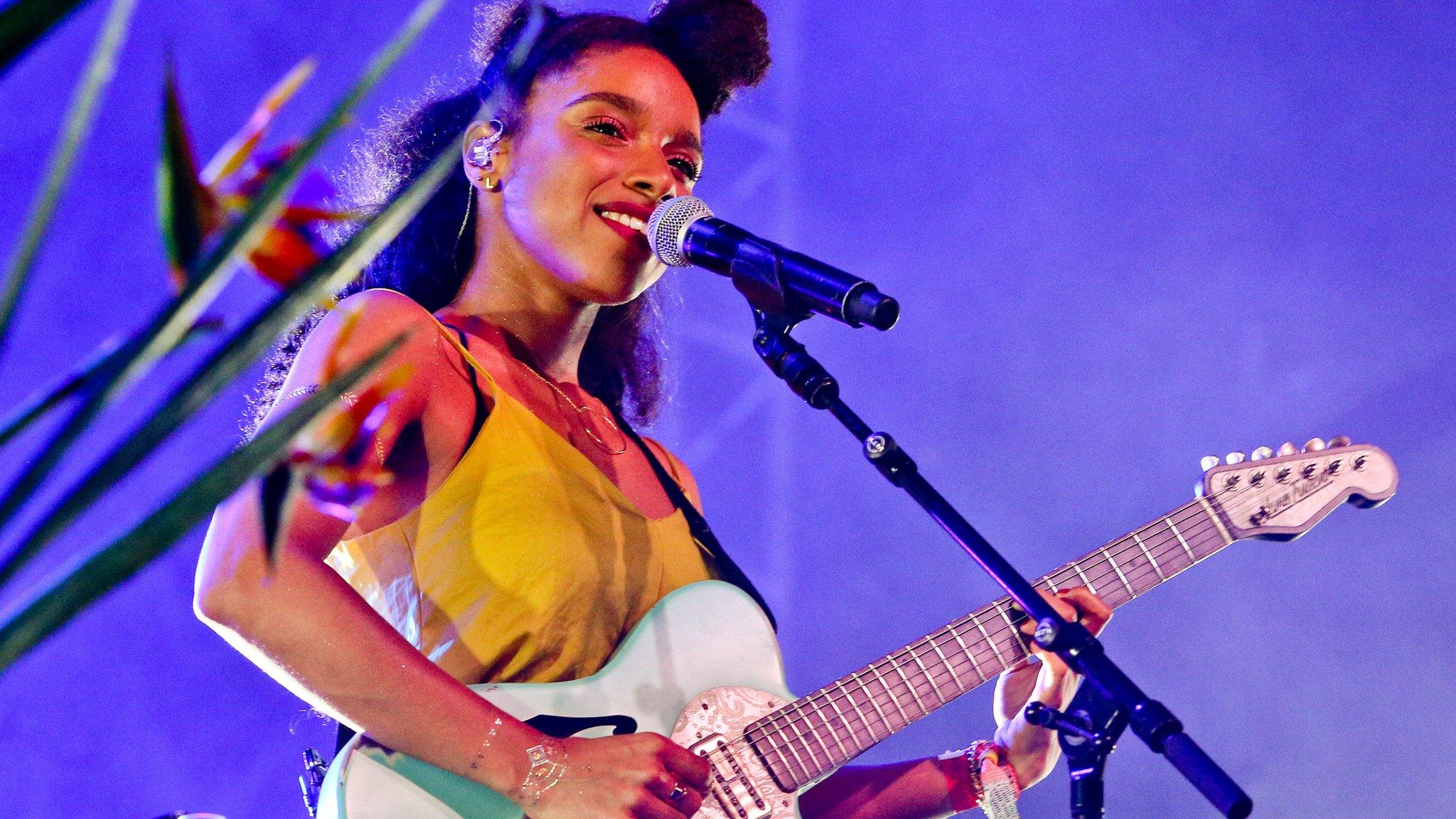
- Published7 September 2015
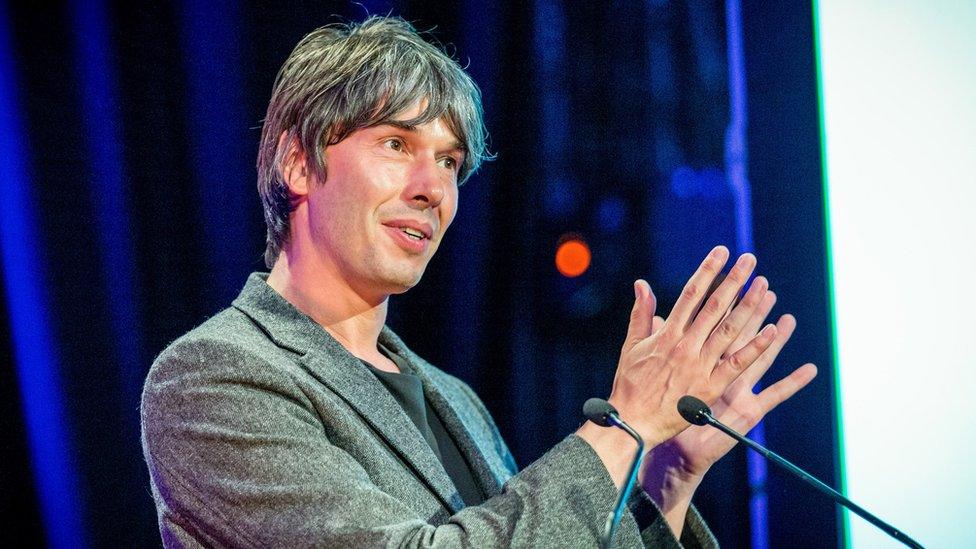
- Published2 March 2015
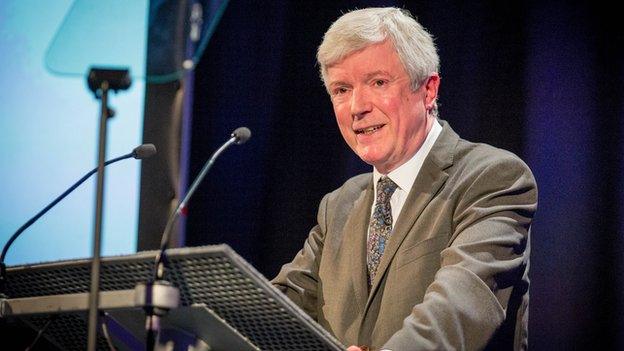
- Published11 June 2013

- Published19 April 2013
